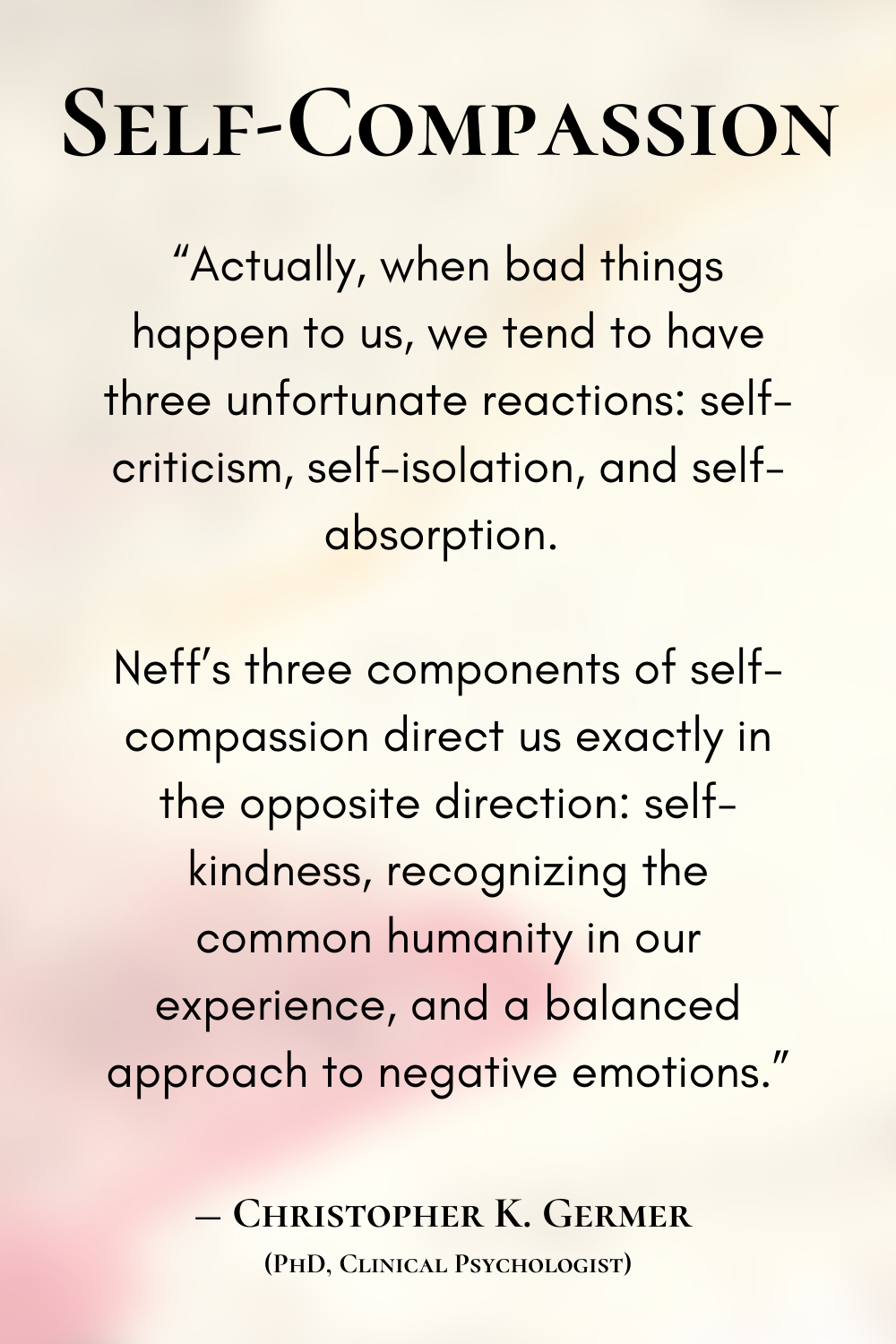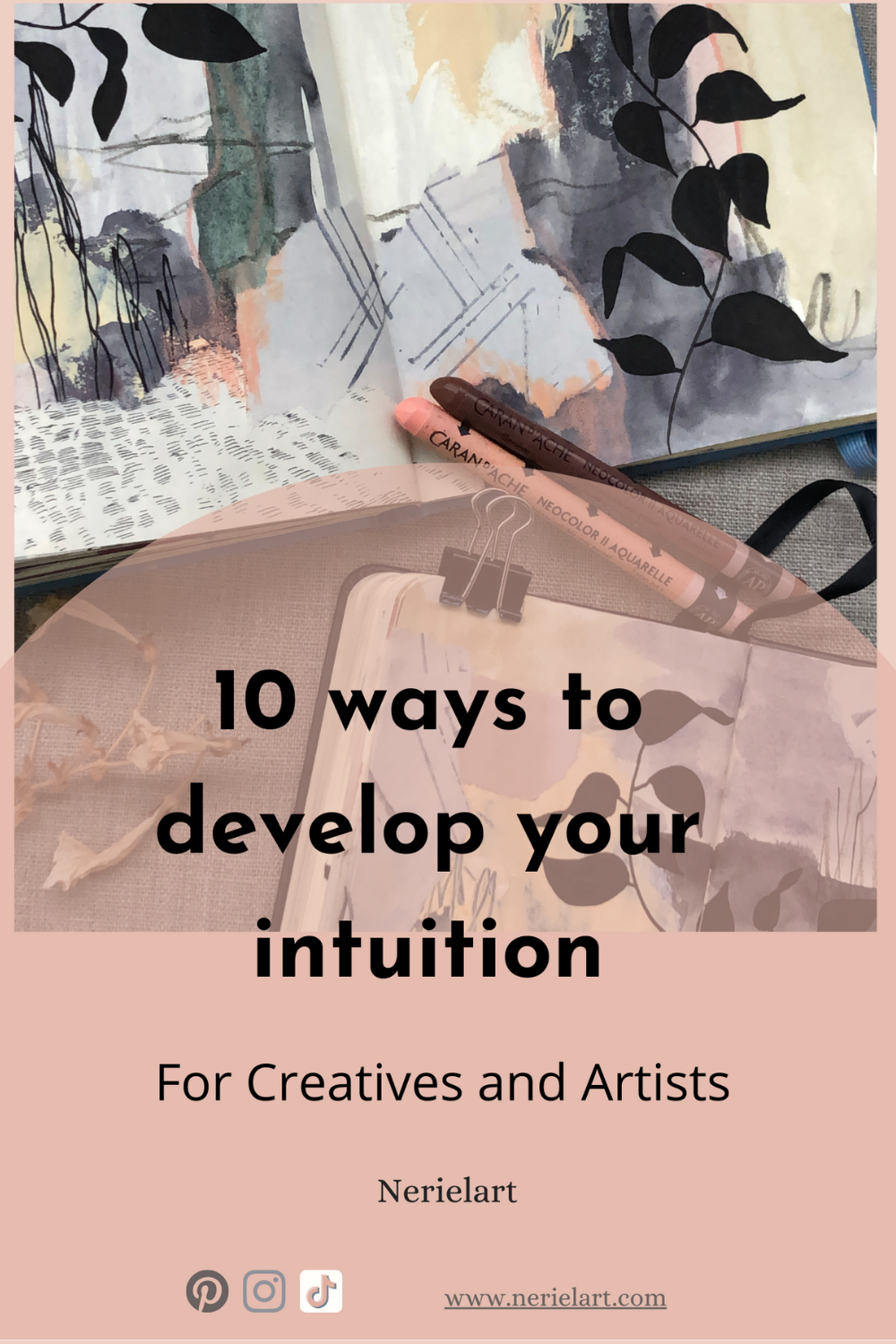5 ways Self-Compassion can help you as an Artist
This blog post will cover:
What is Self-Compassion.
What are the Benefits of Self-Compassion?
Self-Compassion in the Artistic Process.
Myths of Self-Compassion (What it is not).
Hello Everyone!
Today I wanted to write about something very important to me. The practice of Self-Compassion, and how it is not as easy as it seems. I struggle with this all the time! But I’m very interested in the topic and me and my friend even wrote our thesis on the subject of the relationship between self-compassion and therapists.
I want to give you a Nerd Alert, but I will try to write as simple and short as possible. (Editing Eirin says hello! It turned out to be a longer blog post than anticipated… So… Just skip through the heavy parts if it’s too much, save it for another day). I also added a longer disclaimer at the bottom for you guys who feel worse after practicing self-compassion and self-care.
What is Self-Compassion?
The Dalai Lama has described compassion as a sensitivity to our own and others suffering and with this a desire to relieve that suffering.
Self-compassion is compassion turned inward, where you are the object who receives care from yourself when suffering.
Dr Kirsten Neff describe self-compassion as consisting of 3 elements:
self-kindness vs. self-judgment
common humanity vs. isolation
mindfulness vs. overidentification
Let's try to simplify it:
When you give yourself compassion you accept your feelings with a warm and kind awareness. Accepting that life is difficult, you realize you are not alone, this is part of life and we all suffer. You observe your feelings and thoughts with a healthy balance between ignoring it and over-identifying with it. In other words, experiencing your emotions completely without trivializing them.
Let’s simplify it even more:
Self-compassion is acting towards yourself as you would a close one who is suffering.
What are the Benefits of Self-Compassion?
What Does Science tell us?
In western culture it seems that it's easier to show compassion towards others than ourselves.
High levels of self-compassion are strongly associated with psychological well-being.
High levels of self-compassion are associated with lower levels of depression and feelings of shame.
High levels of self-compassion are associated with low levels of fear of failure and burnout.
High levels of self-compassion can help with emotion regulation.
Self-compassion can help you when dealing with stressful situations
How can Self-compassion help you in your artistic process?
Self-criticism
Painting and creating is not always filled with positive feelings and being in the amazing “flow” of things. Sometimes it can trigger negative feelings and thoughts towards yourself. Practicing mindful self-compassion can help you notice these thoughts, become aware of them and give yourself some support and comfort while experiencing this. It can also help you to keep a “safe distance” from your thoughts, observing them without over-identifying with them.
Dealing with Stress and Overwhelm
It can help you become aware of when you need to take a break from your painting. For instance noticing when you start to feel overwhelmed or you only think about how much you have left to do (especially if this is a source of income for you). Instead of working even harder, listen to the signals from your brain and body and take a break. Do something else. Go for a walk, eat if you feel hungry, have a cup of tea or coffee, talk to someone who always makes you feel better, listen to some music, do some gentle stretching, or watch some cat or dog memes (which is my go to).
Feeling Precious about you Art
This happens to me all the time, but when I become aware of these thoughts and feelings I take a break and put them in a category in my brain I named (negative thoughts about my art). Feeling precious about your art is normal, but it can also hinder your creativity. Maybe you end up walking away from your painting feeling scared to ruin it. In other words, Self-Compassion can help you observe your artwork in progress without over-identifiyng with it (e.g. when it feels precious because you love it or are scared of loosing something you like, or when you “hate” everything about it).
Feeling Good about your Work
Yes! It can foster feelings of being happy with your work because you are taking care of yourself while painting and creating. Accepting and observing feelings of insecurity and inadequacy; e.g. instead of believing the thought “I am a bad painter”, you can observe it as a thought and feel the emotions associated with it, give yourself some support along the way as you would a friend who is having a hard time.
Think how magical it is, you created this thing! And nobody else could have done it exactly as you.
Create space for Creativity and Intuition (check out my blog post about intuition)
It can help you stay in a creative intuitive state of mind where your art practice is less hindered by self-criticism and fear.
Common Misconceptions of Self-Compassion
Self-Compassion is just Feeling Sorry for Yourself
A common misconception is that practicing self-compassion is a form of self-pity which are negative thoughts you are directing at yourself, like thinking you have “bad luck”, blaming your situation on someone else, etc. Self-Compassion is a way to meet your thoughts and feeling (positive and negative) in a way that can make you become aware of what you are actually feeling, noticing those difficult thoughts, accepting that you are having a hard time, and just being there for yourself as you would a friend. Self-Compassion can actually help you when you have a hard time with thoughts like the above.
Being Self-Compassionate is Narcissistic and Selfish
You can have a good feeling about yourself and at the same time have good feelings about others. In fact, research shows that being able to do this is very beneficial for your mental health. It also seems that practicing self-compassion is associated with people taking responsibility for their misbehavior. People high in self-compassion also seems to have high emotional awareness and good tolerance for positive and negative feelings which is quite the opposite of being narcissistic and selfish.
Self-Compassion makes you lazy
Research shows that being self-compassionate is more effective for your own intrinsic motivation compared to self-punishment. It also seems that people high in self-compassion set high goals for themselves, but they cope better when they fail to meet these goals. So if you have a tendency to be a high achiever (I know you are out there!), remember to bring that self-compassion along.
For instance if you have a gallery show coming up and you need to finish a ton of work (being the high achiever that you are) you can tell yourself “come on, get this done, you are so lazy and stupid, keep working, ignore that you are tired, you put yourself in this position, you can only blame yourself “. You would not say this to your best friend being in the same situation right? But this (and much worse then the above!) is what a lot of us tell ourselves everyday. With a Self-Compassionate state of mind you might say to yourself: “I know you feel stressed out right now, this is very hard for you, and I know you need to finish this to pay your bills. No wonder why you feel anxious and are being hard on yourself. Let’s take a break and go for a little walk to take your mind off things and start painting again after a snack, I’m here for you”. Which one would be most helpful to you?
Self-Compassion is a form of Weakness
Research shows quite the opposite. People who score high on self-compassion are more resilient and cope better with life crisis compared to those who score low on self-compassion.
Want to read more? You might be interested in these blog posts:
Disclaimer (If practicing Self-Compassion makes you feel worse)
Some people find this harder than others. One reason might be that when trying to give yourself something good, or hold a positive thought or feeling for yourself it can remind you (consciously or unconsciously) of old experiences when you were treated badly. Holding a good feeling for yourself means that you have value and are worth something, which in turn means that people who mistreated you were wrong, which in turn triggers feeling av anger, guilt about the anger and grief about the loss you experienced. Processing these feelings can be so hard that your brain gets overwhelmed and all your experience are covered up with symptoms instead (for instance self-criticism, depression and anxiety). So this is one way to understand why practicing self-compassion and self-care can make you feel worse (increase of symptoms).
This is why survivors of childhood trauma can have a hard time with the positive feelings toward themselves (or receiving positive feelings from others). If exercising self-compassion or different self help techniques overwhelm you might want to take a break, focus on your breath or your surroundings, feel your toes in your shoes, get a cup of tea or say hello to your pets. In these circumstances that’s the most self-compassionate thing to do. In some ways; the less compassion we received as a child the slower our learning of self-compassion as adults.
Medical Disclaimer
Information on this website are for general information only and is not a substitute for and does not replace professional consultation with a qualified health care provider familiar with your medical history and individual needs. Please don’t postpone seeking help because of something you read on this website.
If you need to talk to someone after reading this; please reach out to you general practitioner (GP) and check out what possibilities there are for treatment or help in your area.
I hope it was a good read and gave you some value. Don´t forget to sign up for my newsletter to get notified when I post new blog posts, artwork or resources like the one above.
Please let me know if you have any questions about this post, or if you want me to write about something else related to this. Maybe some exercises on how to practice self-compassion as an artist? Send me an email or lets have a conversation about it over on Instagram.
I wish you a kind and self-compassionate creative practice.
x Eirin






